Secure Your Future: The Importance of Document Archiving

In today’s digital age, data is the lifeblood of businesses. However, the sheer volume of data generated daily can pose significant challenges, especially when it comes to storage, security, and compliance. This is where document archiving comes into play.
What is Document Archiving?
Document archiving is the process of securely storing important documents that are no longer actively used. These documents can be physical or digital and may include contracts, financial records, legal documents, and employee records.
Why is Document Archiving Important?
Compliance and Risk Mitigation:
Compliance and risk mitigation are paramount in today’s data-driven world. Adhering to industry-specific regulations regarding data retention and security is crucial, and document archiving ensures compliance with these standards. Moreover, well-organised archives can provide essential evidence in legal disputes, protecting businesses from potential liabilities.
Enhanced Security:
Enhanced security is a critical aspect of document archiving. By storing sensitive information in a secure, off-site location, businesses can significantly reduce the risk of data breaches and cyberattacks. Additionally, advanced archiving solutions often incorporate robust security measures such as encryption, access controls, and comprehensive disaster recovery plans to further safeguard valuable data.
Improved Efficiency:
Improved efficiency is a key benefit of document archiving. By automating tasks like indexing, tagging, and retrieval, efficient archiving systems can streamline workflows and save valuable time and resources. Additionally, easy access to archived documents when needed can significantly improve decision-making and problem-solving processes.
Cost Reduction:
Document archiving can lead to significant cost reductions. By moving inactive data to less expensive storage solutions, businesses can lower their overall storage costs. Additionally, the improved efficiency and reduced search time associated with effective archiving can lead to substantial productivity gains, further contributing to cost savings.
Key Considerations for Effective Document Archiving
- Establish clear policies for how long different types of documents should be retained.
- Implement robust security measures, including encryption, access controls, and regular security audits.
- Choose a reliable storage solution, whether it’s cloud-based or on-premises.
- Properly index and tag documents to facilitate easy retrieval.
- Develop a comprehensive disaster recovery plan to protect your archived data.
How Can Communication Genetics Help?
Communication Genetics is your one-stop shop for secure and efficient document archiving solutions. Our team of experts can help you develop a customised archiving strategy that meets your specific needs and regulatory requirements. We offer a range of services to suit your needs best.
Ready to unlock the power of document archiving and transform your data management?
Visit Communication Genetics’ Document Archiving page to learn more and discuss a custom solution for your business: https://communicationgenetics.com/storage-archive/
By prioritising document archiving, businesses can safeguard their valuable information, mitigate risks, and improve operational efficiency. Let Communication Genetics be your partner in securing your future.


